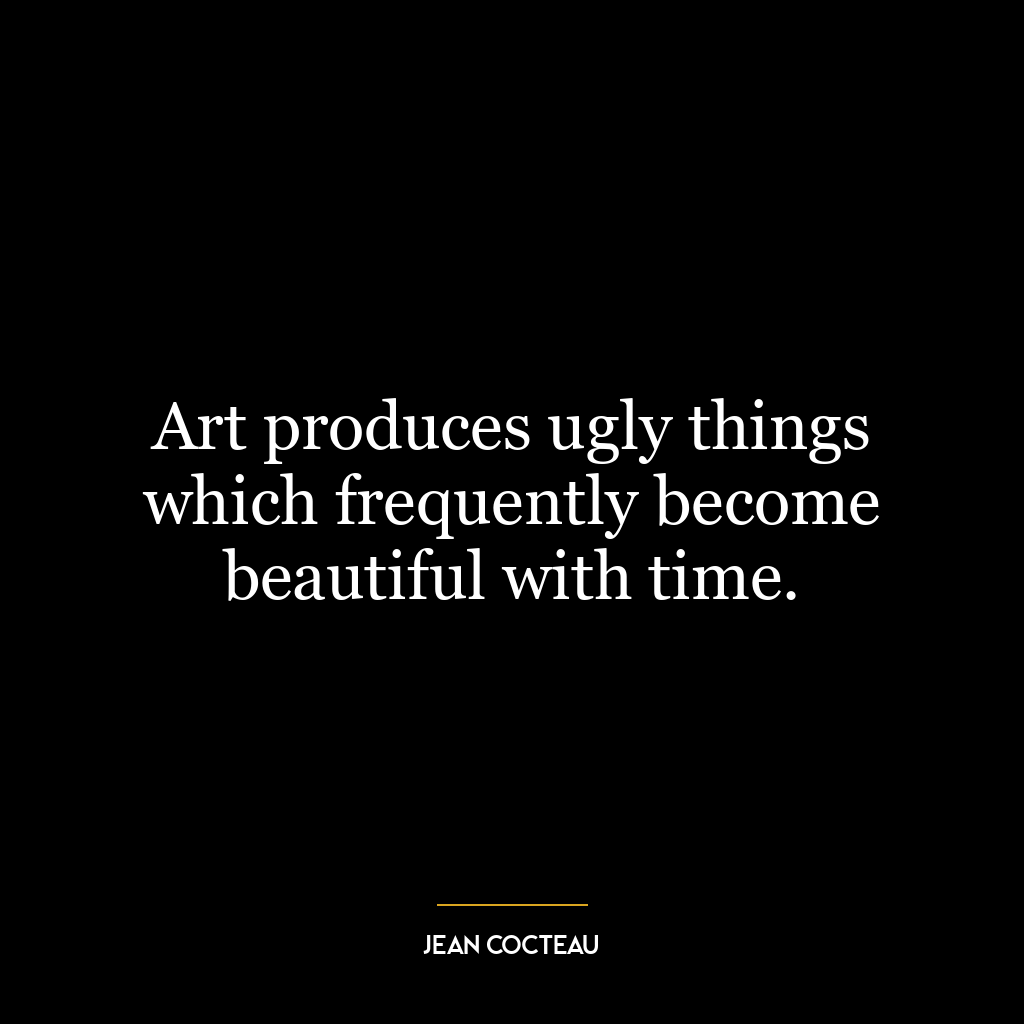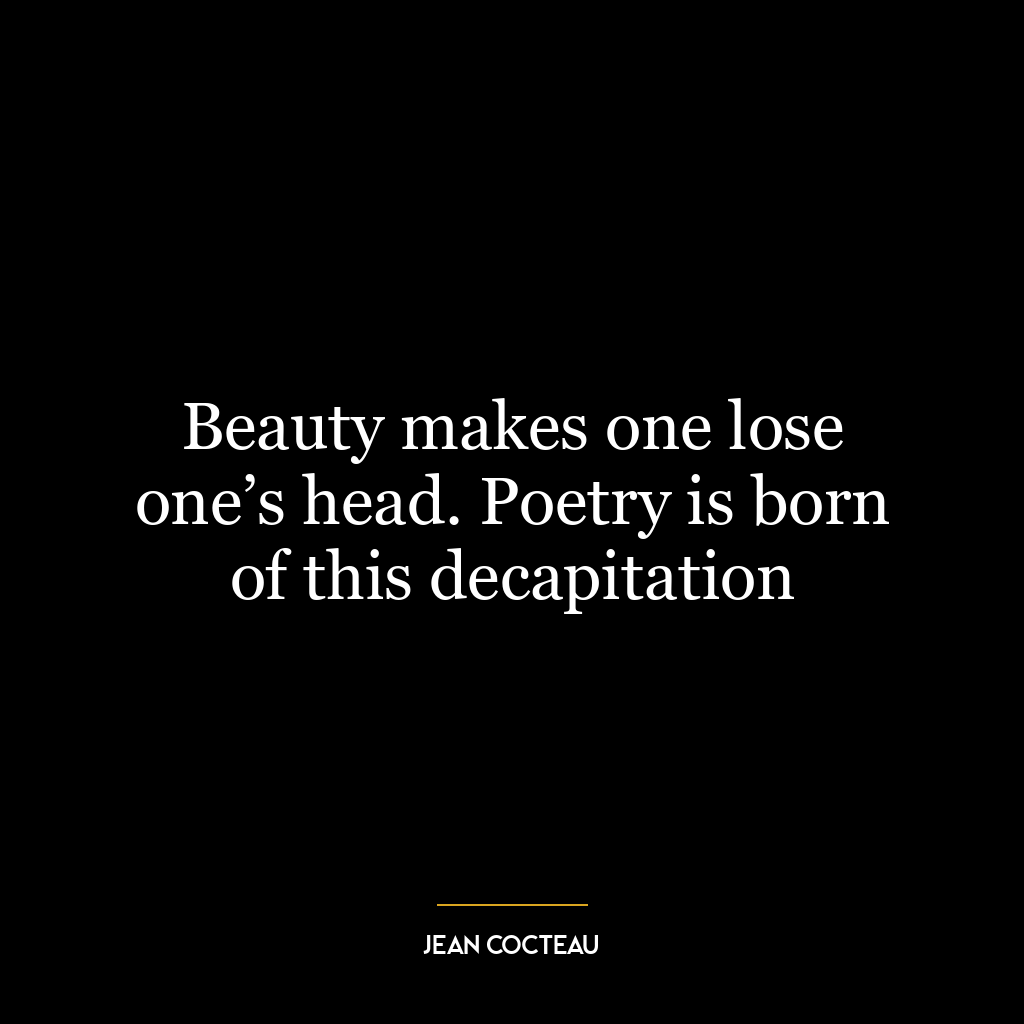This quote by Oscar Wilde is a clever commentary on the societal values and perceptions around beauty, goodness, and ugliness. It reflects the superficial tendencies of society to prioritize physical beauty over moral goodness, but also highlights that being morally good is preferred over being physically unattractive.
The first part, “It is better to be beautiful than to be good,” underscores the societal preference for aesthetic appeal. In many cultures, beauty is often rewarded with admiration, attention, and opportunities. This can lead to an overemphasis on physical appearance, sometimes at the expense of moral or ethical goodness. Essentially, Wilde is saying that society often values beauty more than goodness, which can lead to a focus on superficial traits rather than deeper qualities.
The second part of the quote, “but… it is better to be good than to be ugly,” reveals a twist. Despite the societal preference for beauty, Wilde suggests that being morally good is still valued over being physically unattractive. This implies that while beauty might be desirable, it isn’t the ultimate virtue. Goodness, in the end, holds more value.
Applying this idea to today’s world, we see the same dynamics at play. Society still places a high value on physical beauty, as seen in the popularity of beauty influencers, cosmetic surgery, and the fashion industry. However, there is also a growing emphasis on moral goodness, seen in movements for social justice, environmental sustainability, and ethical consumption.
In terms of personal development, this quote could serve as a reminder to balance our focus on physical attractiveness with the cultivation of goodness. It’s not wrong to care about one’s appearance, but it’s essential not to neglect moral and ethical development. In the end, being a good person contributes more to our overall character and reputation than physical beauty alone.








